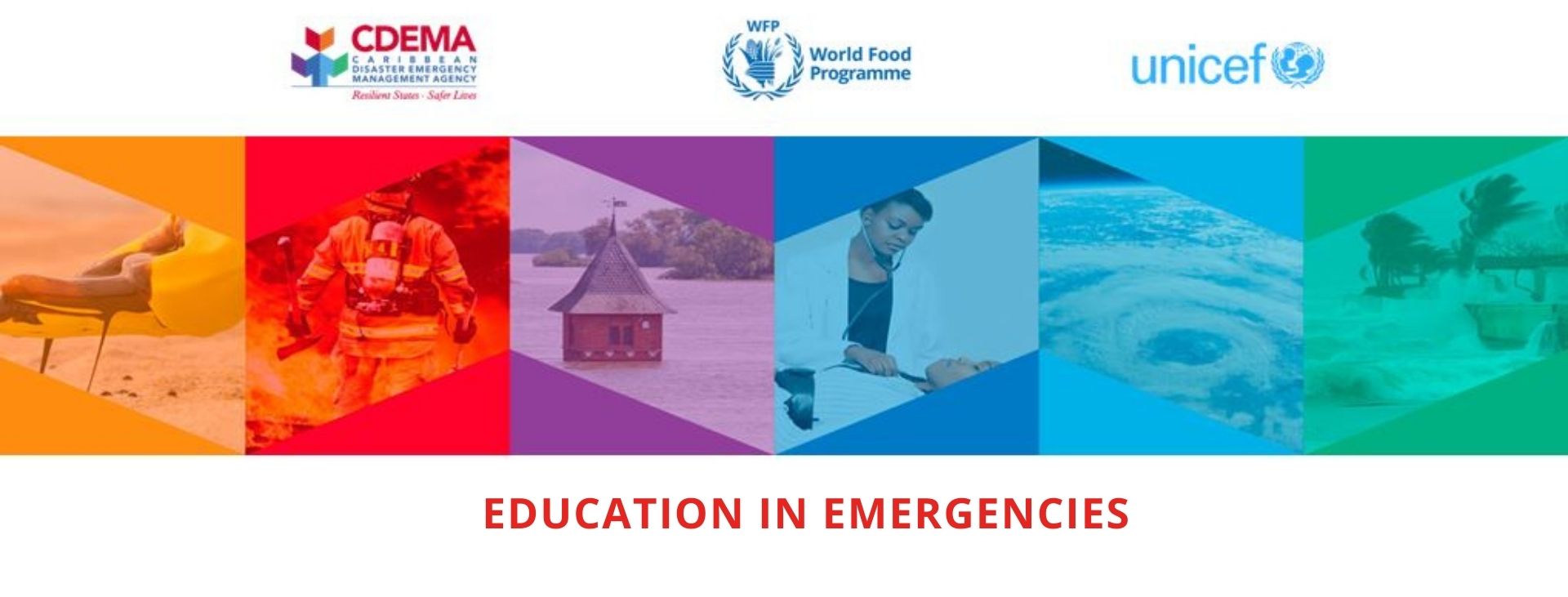The learning sessions will help participants understand how disasters affect children’s right to education and overall health and safety will be explored, from a perspective covering not only the learning environment, but also teacher well being, infrastructure and coordination, among others.
COURSE DATE
Annually.
Future dates to be announced.
MODE OF DELIVERY
Online
COURSE OVERVIEW
The learning sessions will help participants understand how Education plays a fundamental role in disaster response. How disasters affect children’s right to education and overall health and safety will be explored, from a perspective covering not only the learning environment, but also teacher wellbeing, infrastructure and coordination, among others. Participants will delve into the necessary aspects of a contingency plan aimed at maintaining education continuity. Finally, the sessions will also cover the global and regional frameworks offering guidance and resources for schools, education authorities and national emergency management agencies to achieve education continuity during times of crisis.
COURSE OBJECTIVES/LEARNING OUTCOMES
By the end of this course, learners will be able to:
1. Analyse what education in emergencies is and why it is important.
2. Apply Education in Emergencies criteria to draft basic contingency planning actions.
PRIMARY AUDIENCE
• Members of national emergency/disaster response systems in CDEMA Participant States,
• Ministry of Education officials and those from other ministries with a role to play in education and children’s wellbeing
• Teachers
• Community Based Organisations and Non-Governmental Organisations, particularly those working in education and child protection.
PREREQUISITES
No prior knowledge, training or experience in Education in Emergencies (EiE) required.
TYPE OF CERTIFICATE/CEU
Certificate of Completion (if attending all sessions and completing all assessments).
Certificate of Participation (if attendance and assessment requirements are partially met).
COURSE LENGTH
Approximately five (5) hours of contact time, comprising:
• Two (2) interactive online sessions, each 2 – 2.5 hours long.
• Pre-reading and other supplemental materials requiring 30 minutes – 1 hour of reading.
The trainer may also give participants an optional exercise to complete between sessions.
TEACHING AND ASSESSMENT METHODOLOGIES
• Short interactive presentations on Education in Emergencies topics.
• Participative exercises during online sessions.
• Individual exercise to be completed between online sessions.
• Quiz (end of course).
LANGUAGE(S)
English.
ADDITIONAL INFORMATION
This short course was developed and delivered with the support (financing and technical) of UNICEF.
Past Course Resources
This course was completed in October 2020. However you can access the training resources by clicking on this link: EiE Training Content.


